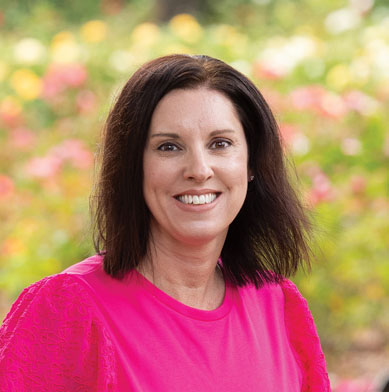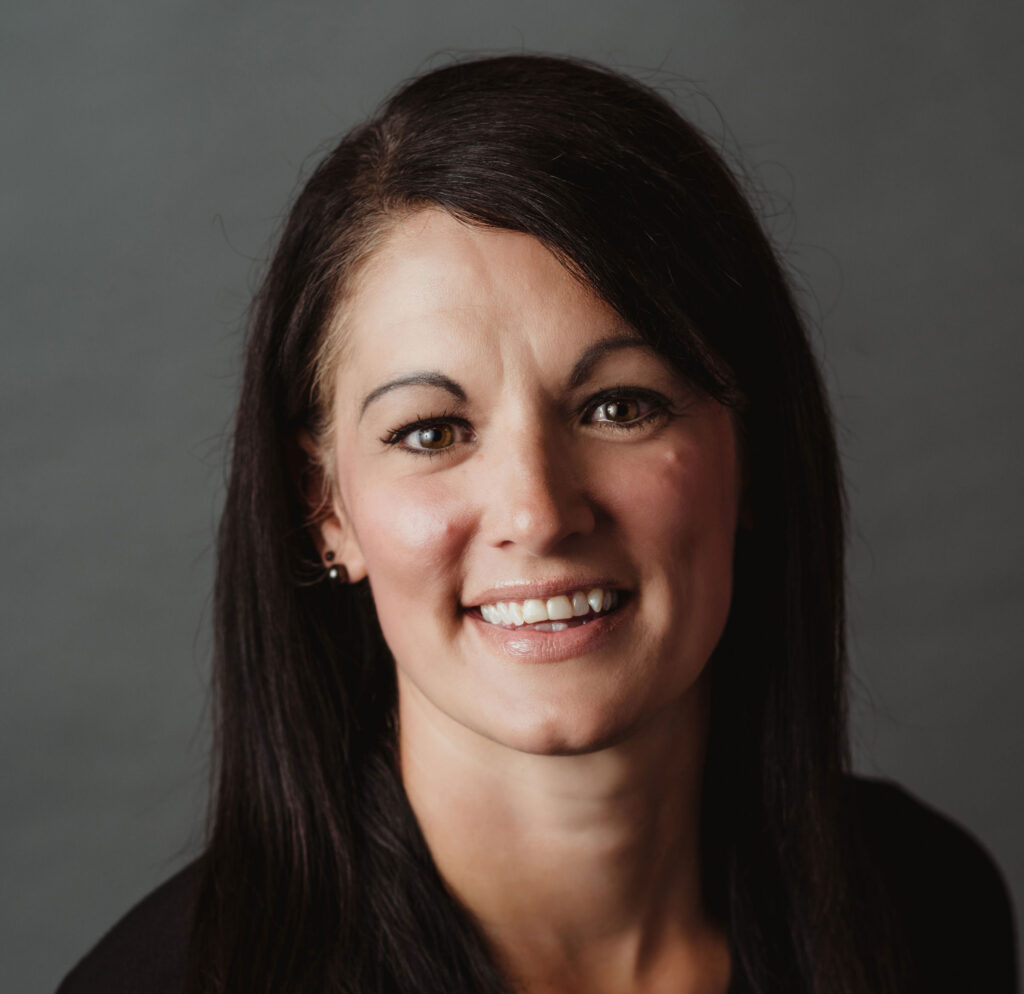Fearless Focus preview: Medical professionals discuss barriers to health care for women

Event details:
Thursday, June 19 | Noon to 1 p.m. | Virtual | Register for free
Women have long faced disparities in accessing adequate health care, and conditions that predominantly affect women have fewer studies dedicated to them.
Iowa ranks last among all 50 states with the fewest obstetrics doctors per capita, according to the Cicero Institute. In 2024, the state implemented one of the most restrictive abortion bans in the country. Women of color face heightened health disparities compared to white women.
However, several health care leaders have devoted their careers to tackling these issues.
In our upcoming Fearless Focus event, experts from across the state will share what these trends mean for women’s health care in Iowa and highlight solutions.
Registration is free. We hope you join us and encourage others to do the same. The Fearless Focus events allow us to highlight amazing women working across Iowa and they fulfill our main goal: to empower Iowa women to succeed in work and life.
Meet our speakers
Ahead of the event, we asked each speaker to tell us about one barrier they see preventing Iowa women from accessing the health care they need. Dr. Wanakee Carr, an OB-GYN with the Iowa Clinic, will also be a panelist.
Here’s what they said:

Tara Geddes, chief nursing officer, Floyd Valley Healthcare
One major barrier is convenient access to health care providers. Specifically, 41 hospitals in Iowa have closed their birthing centers and this is expected to continue. This causes women to have to travel longer distances to receive maternal care. The inconvenience of having to travel causes disruption to women’s work and family lives and as women we tend to put our families before ourselves so [women] often forgo the care they need.

Nichole Nidey, assistant professor, department of epidemiology, University of Iowa College of Public Health
From a public health perspective, one of the most pressing barriers to care for Iowa women is the declining access to care. Data show that large portions of the state qualify as maternal health deserts, with limited or no access to obstetric care. These gaps disproportionately affect rural communities and are further compounded by factors like transportation challenges, workforce shortages and stigma, particularly for women with substance use disorders. Addressing these barriers requires a systems-level response that integrates reproductive and behavioral health services, and expands the capacity of rural health systems.

Christina Schark, executive director, Southern Iowa Mental Health Center
Regarding mental health specifically, I think the biggest barrier to women seeking treatment is the dilemma of how to know the difference between a bad day, a bad mood and an actual mental health concern. Humans were created with a variety of different emotions. We are meant to feel a lot of things, for different reasons. Women are often thought of as the “emotional gender” anyway, and in addition to hormone concerns, it is common for women to have mood swings. We are emotional creatures; we feel things deeply. Our emotions fluctuate to a greater extent. So, the question is: What is the difference between our normal emotions we were created with and what is a developing, or even serious, mental health concern that needs professional help? That, in my opinion, is one of the biggest barriers for women seeking mental health treatment.



0 Comments